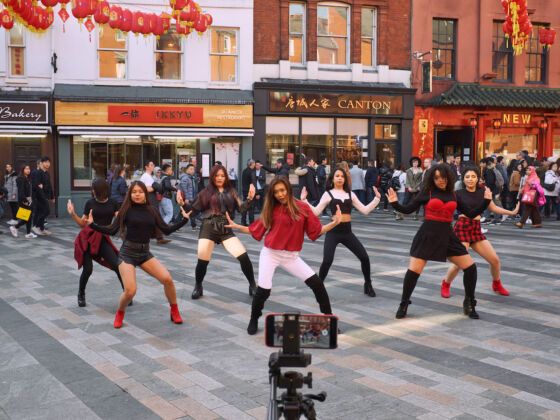Korean pop music has a problem. It’s not that it isn’t doing well. In fact, according to geotagged Twitter data, K-pop is killing it in Tokyo, Bangkok and Kuala Lumpur, and it’s caught on in Saudi Arabia and Poland, too.
The problem is K-pop’s treatment of women. Though wildly entertaining, the genre serves as saccharine testimony to the ways in which young Korean ladies, despite being among the world’s most educated, are objectified, vilified and legally enslaved by a multibillion dollar industry that manufactures outrageous profit from their exploitation.
